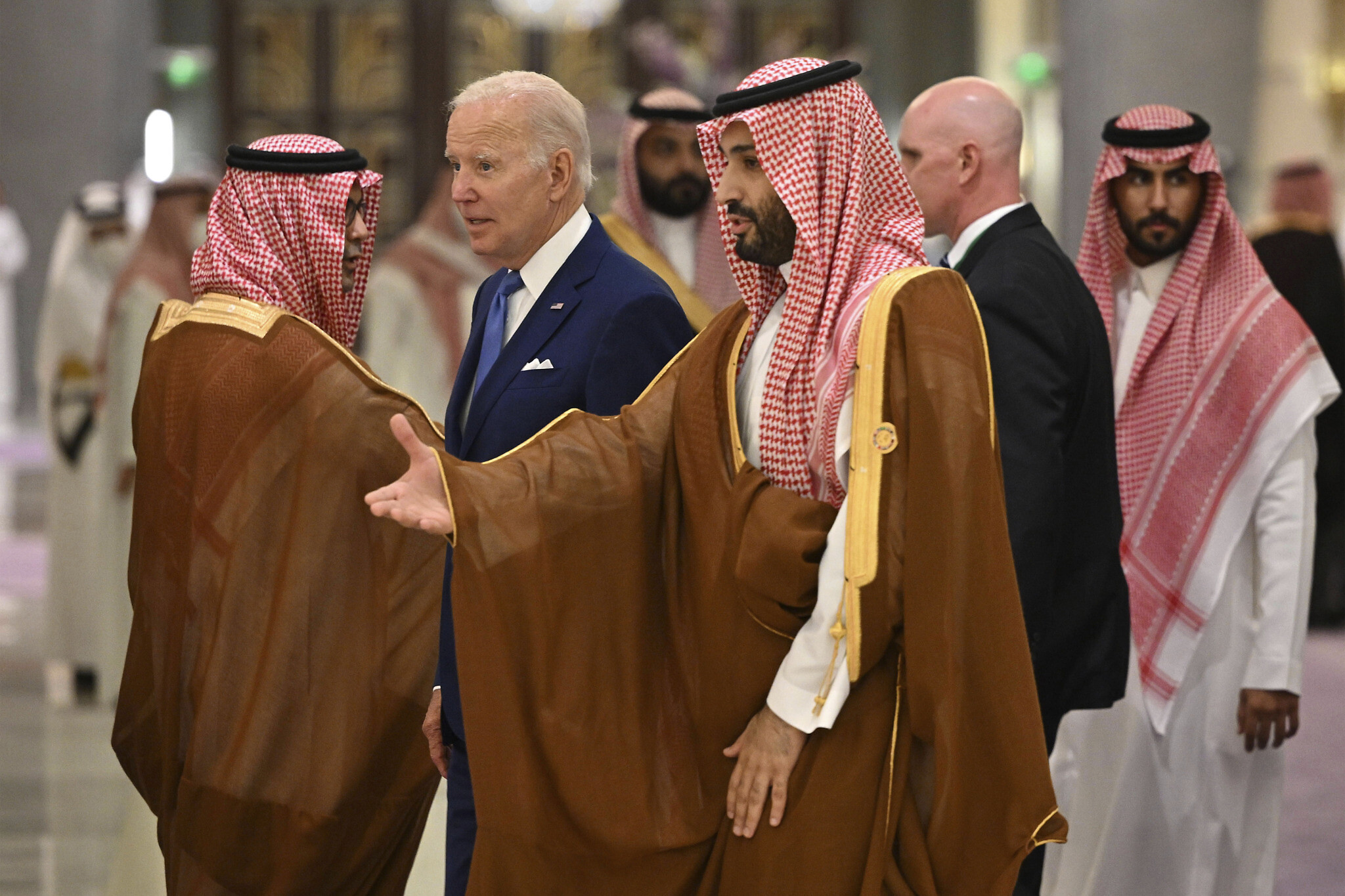Iran’s Foreign Ministry Spokesman Nasser Kanaani has denied reports that Tehran was intending to attack Saudi Arabia.
“The fabrication of such a prejudiced report by some Western and Zionist circles is aimed at creating a negative atmosphere for the Islamic Republic of Iran and undermining ongoing positive processes with countries of the region,” Kanaani said on November 2, replying to a question about a Wall Street Journal report on the potential attack on Saudi Arabia.
He further said that Iran “continues the policy of good neighborliness based on mutual respect and within the framework of international principles and regulations, and believes improvement of stability and security in the region hinges on constructive interaction with neighbors and will continue this with seriousness.”
The Wall Street Journal wrote on November 1 that Saudi Arabia had shared intelligence with the United States about Iran's plans to attack the kingdom. After this, Saudi Arabia and the US put their forces in the Middle East on high alert.
On the same day, a representative of the US National Security Council (NSC) expressed Washington’s concern about threats against Saudi Arabia from Iran.
"We are concerned about the threat picture, and we remain in constant contact through military and intelligence channels with the Saudis," the spokesperson said on November 1, according to Reuters.
Iranian authorities have previously publicly accused Saudi Arabia, along with the U.S. and Israel, of instigating the continuing unrest in Iran that sparked in mid-September after the death of Mahsa Amini in police custody. They publicly warned Saudi Arabia to rein in coverage of the protests in Iran by Persian-language satellite news channels, including Iran International, a Saudi-backed satellite television channel based. Iranian officials, including Supreme Leader Ayatollah Ali Khamenei, have repeatedly blamed "enemies" for instigating the unrest, in which at least 300 protesters have been killed by security forces.
On October 29, the Islamic Revolution Guards Corps (IRGC) Commander-in-Chief Maj Gen Hossein Salami threatened Saudi Arabia with retaliation for “Riyadh’s attempt to destabilize Iran”, saying that "the conspiracy that is going on in our land these days and nights is the product of joining of the US, the UK, Saudi Arabia, and the Zionist regime's policies."
In another warning given on October 20, Salami said that "I am telling the Al Saud [ruling family of Saudi Arabia] to sneak back into their glass palaces, this is our warning," and added that "you are leaning on Israel, which is on the verge of collapse."
Diplomatic relations between the two countries were severed in 2016 after protesters stormed Saudi Arabian diplomatic missions in Iran in retaliation for the execution of Sheikh Nimr al-Nimr, a religious leader, by Saudi Arabia. Iran has been backing the Houthi rebels in the Yemeni civil war, who have been fighting the Saudi-led coalition for more than seven years.
Saudi Arabia had blamed Iran for a 2019 missile and drone assault on its oil plants, a charge Tehran denies. The leading Muslim powers of the two countries have also been locked in rivalry for decades, backing allies fighting proxy wars across the region.
Last year, Iran and Saudi Arabia finally agreed to hold peace talks brokered by Baghdad. While both sides report progress in the talks, no significant breakthrough has yet been seen. According to Iran's Foreign Minister Amir-Abdollahian, the two countries have reached some agreements in the five rounds of talks, including on the reopening of embassies.







 Armenian sappers commenced on Monday mine-clearance operations in the territories adjacent to the Saint Mary Church in village of Voskepar (Armenia...
Armenian sappers commenced on Monday mine-clearance operations in the territories adjacent to the Saint Mary Church in village of Voskepar (Armenia...
 Russian Foreign Minister Sergei Lavrov has reasserted that Moscow has no intentions to stop the fighting in Ukraine, even if peace talks commence.
Russian Foreign Minister Sergei Lavrov has reasserted that Moscow has no intentions to stop the fighting in Ukraine, even if peace talks commence.
 Iran has refuted reports of alleged damage to Shimon Peres Negev Nuclear Research Centre located southeast of Dimona, Israel, during the recent air...
Iran has refuted reports of alleged damage to Shimon Peres Negev Nuclear Research Centre located southeast of Dimona, Israel, during the recent air...
 Iran’s Foreign Minister, Hossein Amir-Abdollahian, has labeled a foiled Israeli drone attack in certain parts of the country as a "failure" for Isr...
Iran’s Foreign Minister, Hossein Amir-Abdollahian, has labeled a foiled Israeli drone attack in certain parts of the country as a "failure" for Isr...



